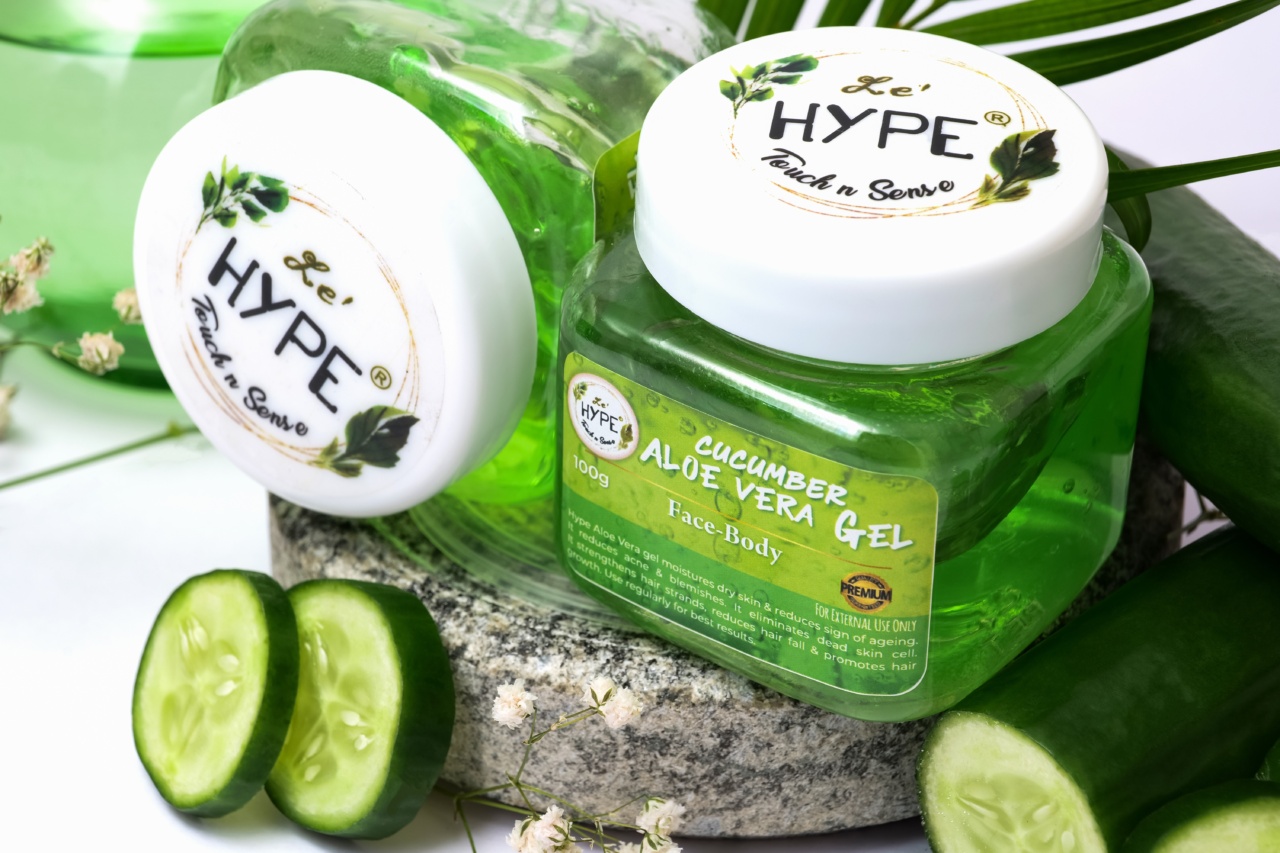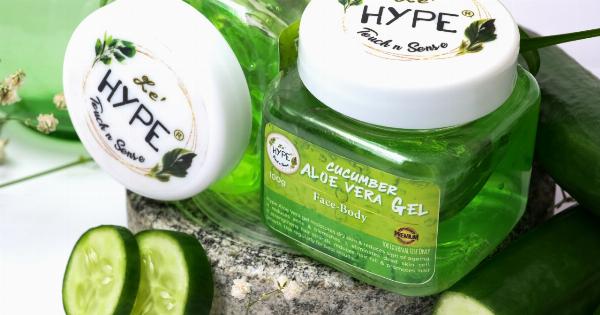Aloe vera is a succulent plant that has been used for centuries for its medicinal properties. It is known for its soothing and healing effects on the skin, making it a popular ingredient in skincare products.
However, while aloe vera has many health benefits, there are also potential risks associated with its use. In this article, we will explore the potential risks of using aloe vera and the precautions you should take.
1. Allergic reactions
Although rare, some individuals may be allergic to aloe vera. Allergic reactions can range from mild skin irritation to more severe symptoms like hives, itching, and swelling.
If you experience any allergic reactions after using aloe vera, it is best to discontinue use immediately and consult a healthcare professional.
2. Skin sensitivity
While aloe vera is generally well-tolerated, some individuals may have increased skin sensitivity to the plant’s gel. This can lead to redness, itching, or a burning sensation.
It is always advisable to perform a patch test before applying aloe vera gel to a larger area of your skin to check for any adverse reactions.
3. Interactions with medications
Aloe vera can potentially interact with certain medications, including those used for diabetes, heart conditions, and blood thinners.
If you are taking any medications, it is important to consult your healthcare provider before using aloe vera topically or orally to avoid any negative interactions.
4. Gastrointestinal issues
Consuming aloe vera orally in excessive amounts or for extended periods may cause gastrointestinal issues such as diarrhea, stomach cramps, and dehydration. This is due to the laxative properties of aloe vera.
Always follow the recommended dosage guidelines and consult a healthcare professional before starting any oral aloe vera regimen.
5. Pregnancy and breastfeeding
Pregnant and breastfeeding women should exercise caution when using aloe vera.
Limited research is available on the effects of aloe vera during pregnancy and breastfeeding, so it is recommended to consult a healthcare professional before using aloe vera products during these periods.
6. Photosensitivity
Some individuals may experience increased sensitivity to sunlight after using aloe vera topically. This can lead to sunburns or skin damage. It is advised to use sunscreen and avoid excessive sun exposure while using aloe vera gel on your skin.
7. Contamination
If you are using fresh aloe vera gel directly from the plant, there is a risk of contamination with harmful bacteria or fungi. It is crucial to properly clean and wash the aloe vera leaf before extracting the gel.
Additionally, storing the gel in a clean and airtight container in the refrigerator can help minimize the risk of contamination.
8. Not suitable for certain skin conditions
While aloe vera can provide relief for various skin conditions, it may not be suitable for everyone.
Individuals with skin conditions such as eczema or psoriasis should be cautious and consult with a dermatologist before using aloe vera topically, as it can potentially worsen certain skin conditions.
9. Prolonged use may reduce effectiveness
Long-term and frequent use of aloe vera products may lead to reduced effectiveness over time. This is because your body can develop a tolerance to the active compounds in aloe vera.
To counteract this effect, it is advisable to take occasional breaks from using aloe vera products or try alternating with other skincare ingredients.
10. Lack of regulation in some products
Not all aloe vera products on the market contain pure aloe vera gel. Some may be diluted with other ingredients that can reduce the effectiveness or bring additional risks.
It is important to choose reputable brands and check the ingredient list to ensure you are using high-quality, pure aloe vera products.
Conclusion
While aloe vera offers numerous health benefits, it is essential to be aware of the potential risks associated with its use.
Allergic reactions, skin sensitivity, interactions with medications, gastrointestinal issues, and precautions during pregnancy and breastfeeding are among the risks to consider. Additionally, photosensitivity, contamination, unsuitability for certain skin conditions, reduced effectiveness over time, and lack of regulation in some products should also be taken into account.
By understanding these risks and taking necessary precautions, you can safely incorporate aloe vera into your health and skincare routine.






























